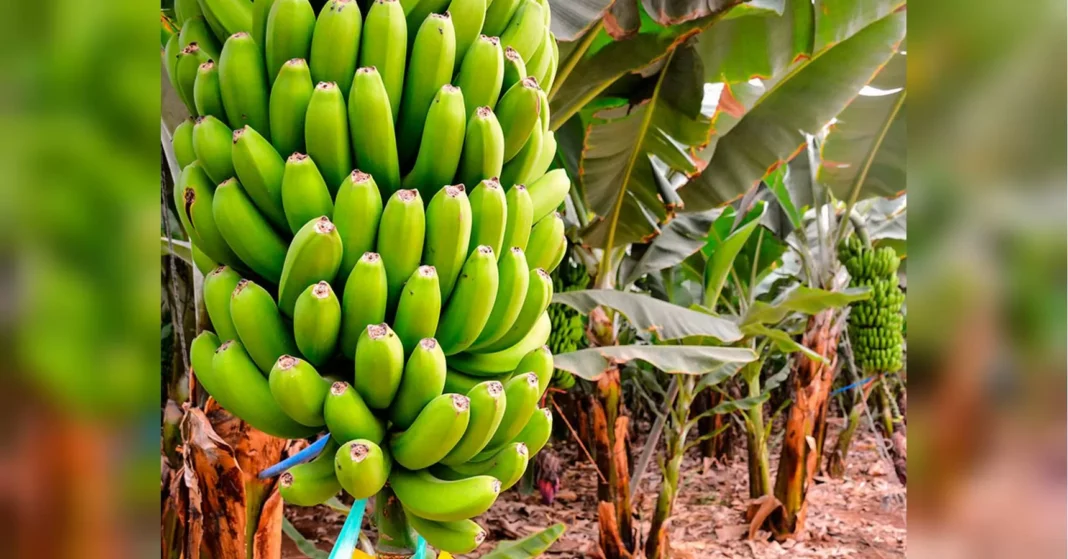Whole plantations of popular plants are disappearing due to disease. This is a concerning phenomenon that has been observed in many regions around the world. From coffee and cocoa plantations in South America to banana and palm oil plantations in Southeast Asia, the impacts of disease on these crops are devastating. Not only does it affect the livelihoods of farmers and workers, but it also has implications for global trade and consumer access to these popular products.
The term «plantation» often brings to mind images of vast fields of crops, meticulously maintained and harvested for mass production. However, the reality is much more complex. Plantations are not just large-scale agricultural operations, but they also represent a way of life for many communities. They provide employment opportunities, support local economies, and are often deeply connected to cultural traditions and identities. So when a disease strikes and wipes out an entire plantation, the impacts go far beyond just the loss of a crop.
One of the main drivers of this phenomenon is the increase in global trade and travel. With the rise of globalization, diseases that were once contained in a specific region can now spread rapidly to other parts of the world. This is especially true for plant diseases, which can be easily carried by insects, wind, or contaminated soil. As a result, entire plantations are at risk of being wiped out if they are not properly protected and managed.
One example of this is the coffee rust disease, also known as «la roya,» which has been devastating coffee plantations in Central and South America since 2012. This fungal disease attacks the leaves of coffee plants, causing them to wither and die. It has already caused an estimated $1 billion in losses and has affected over 70% of coffee farms in some countries. This not only impacts the livelihoods of coffee farmers but also has implications for the global coffee market. In fact, the price of coffee has been steadily increasing due to the decrease in supply caused by this disease.
Another example is the Fusarium wilt disease, also known as «Panama disease,» which has been devastating banana plantations in Asia since the 1990s. This soil-borne disease attacks the roots of banana plants, causing them to wilt and eventually die. It has already wiped out entire plantations in Indonesia, the Philippines, and Malaysia, and is now spreading to other parts of the world. This is a major concern for the global banana industry, as bananas are one of the most popular and widely consumed fruits in the world.
The palm oil industry is also facing its own set of challenges with diseases such as the Fusarium wilt disease and the Ganoderma basal stem rot disease. These diseases attack oil palm trees, which are the source of palm oil, a widely used commodity in the production of food, cosmetics, and biofuels. These diseases not only pose a threat to the industry but also to the environment, as palm oil plantations are often associated with deforestation and loss of biodiversity.
So what can be done to address this issue? The first step is to raise awareness about the importance of plant health and the impacts of diseases on plantations. This includes educating farmers and workers on proper disease prevention and management techniques, as well as investing in research and development of disease-resistant varieties. Governments and international organizations also have a role to play in providing support and resources to affected plantations.
In addition, consumers can also make a difference by choosing to support sustainable and ethical practices in the production of these popular products. By purchasing from companies that prioritize plant health and sustainability, consumers can contribute to the preservation of plantations and the livelihoods of those who depend on them.
It is important to remember that the disappearance of these plantations is not just a loss of crops, but also a loss of livelihoods, cultures, and traditions. By taking action now, we can help prevent the further spread of diseases and protect these valuable plantations for future generations. Let us all work together to ensure the survival of these popular plants and the communities that rely on them.

